Here, we report five cases of bilateral L5 radiculopathy caused purely by L5-S1 foraminal stenosis and describe the clinical and radiological features of these patients in detail. Case presentation: Among the five patients, two were men and three were women with an average age of 69 years. Four patients had undergone surgeries at L4-5 level.. Causes of neural foraminal stenosis include: bone spurs from degenerative conditions, like osteoarthritis. being born with a narrow spine. a skeletal disease, such as Paget's disease of the bone.
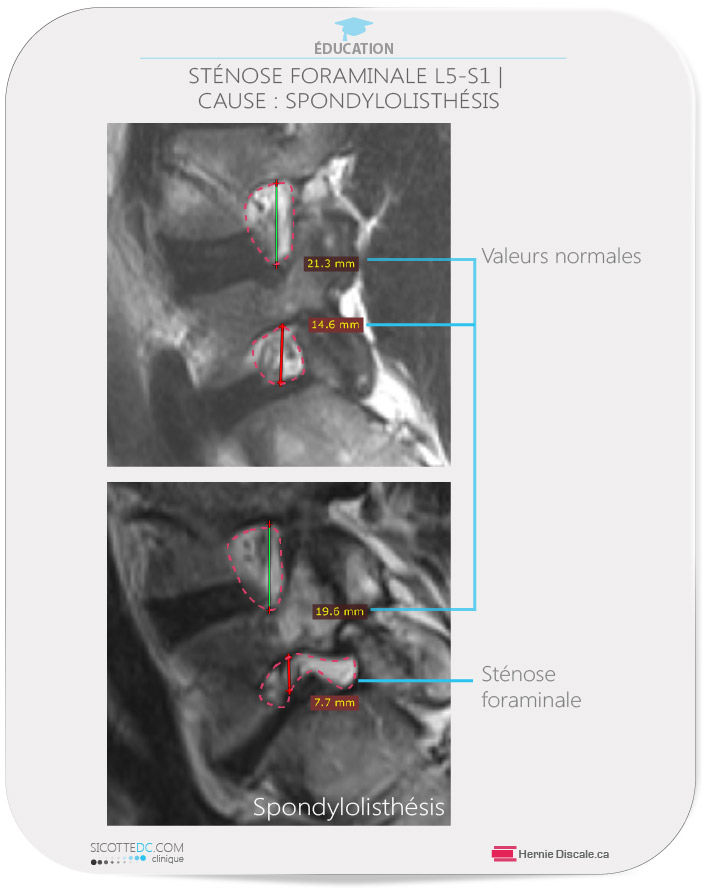
LA STÉNOSE FORAMINALE LOMBAIRE SPONDYLOLISTHÉSIS Sicotte DC

Are Central, Foraminal, & Lateral Spinal Stenosis All Different?
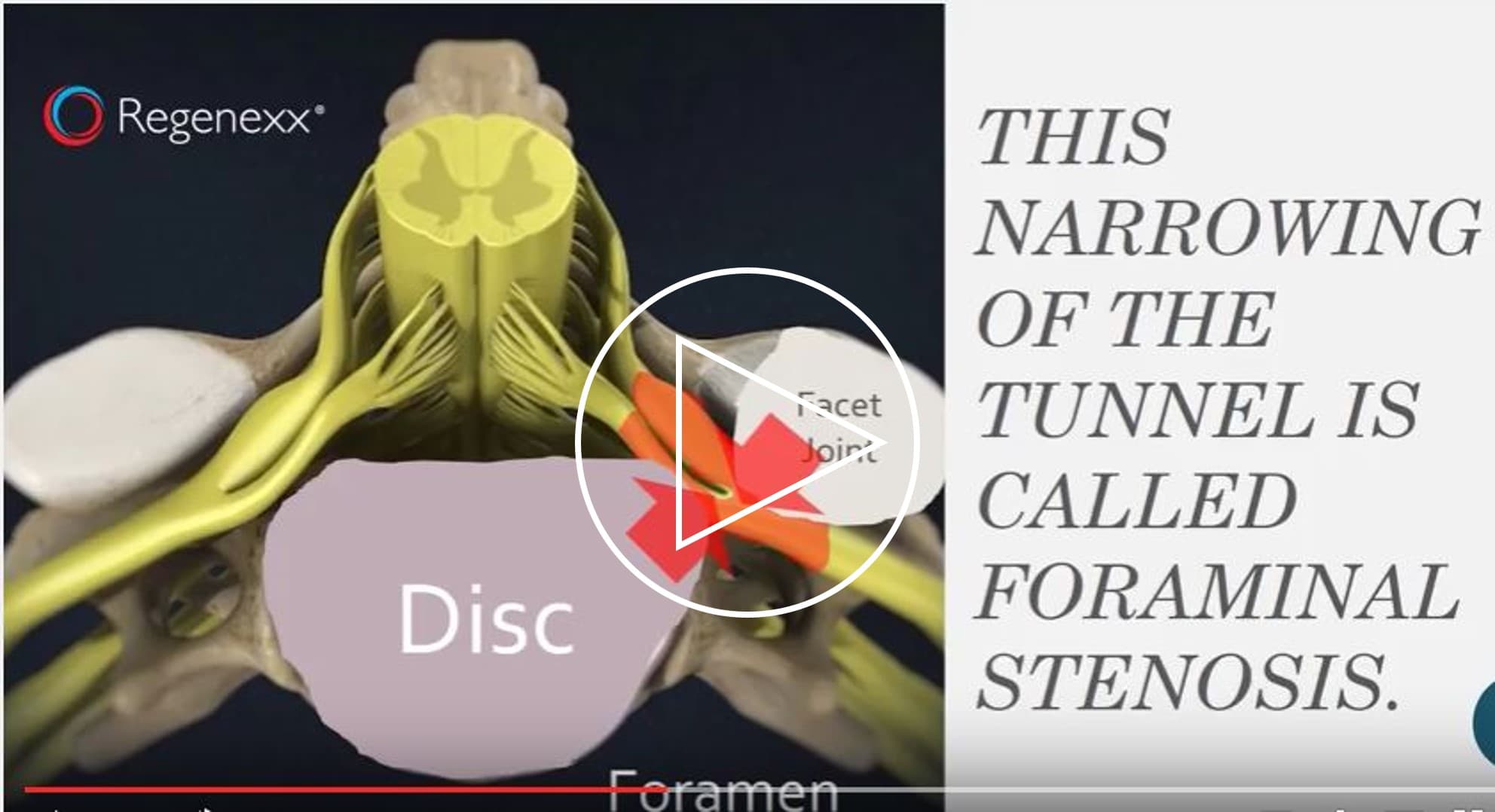
what is foraminal stenosis
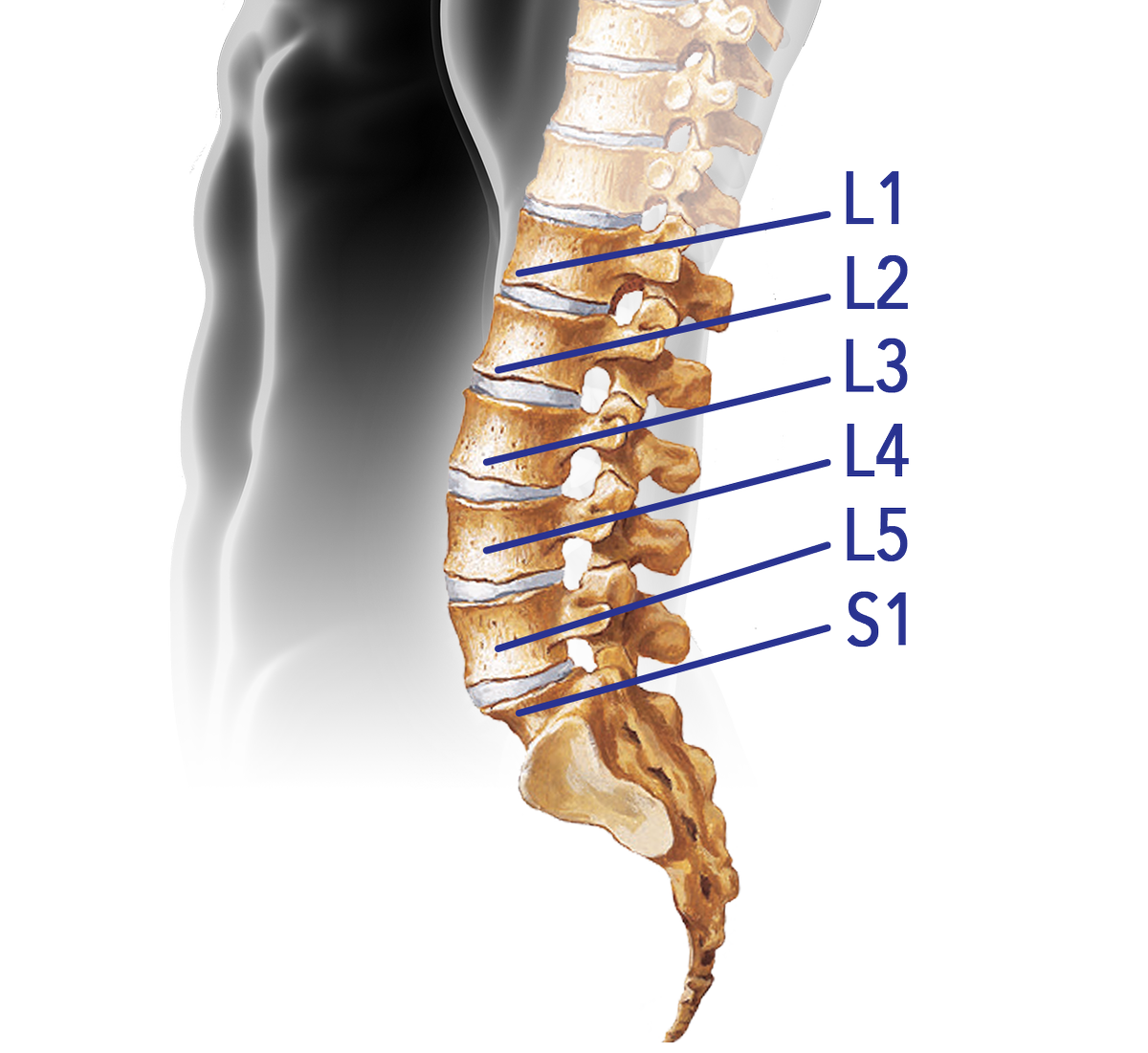
L5 S1 Lumbosacral Joint Dysfunction Facts Symptoms Diagnosis And Images and Photos finder

Bilateral L5S1 Laminectomy with
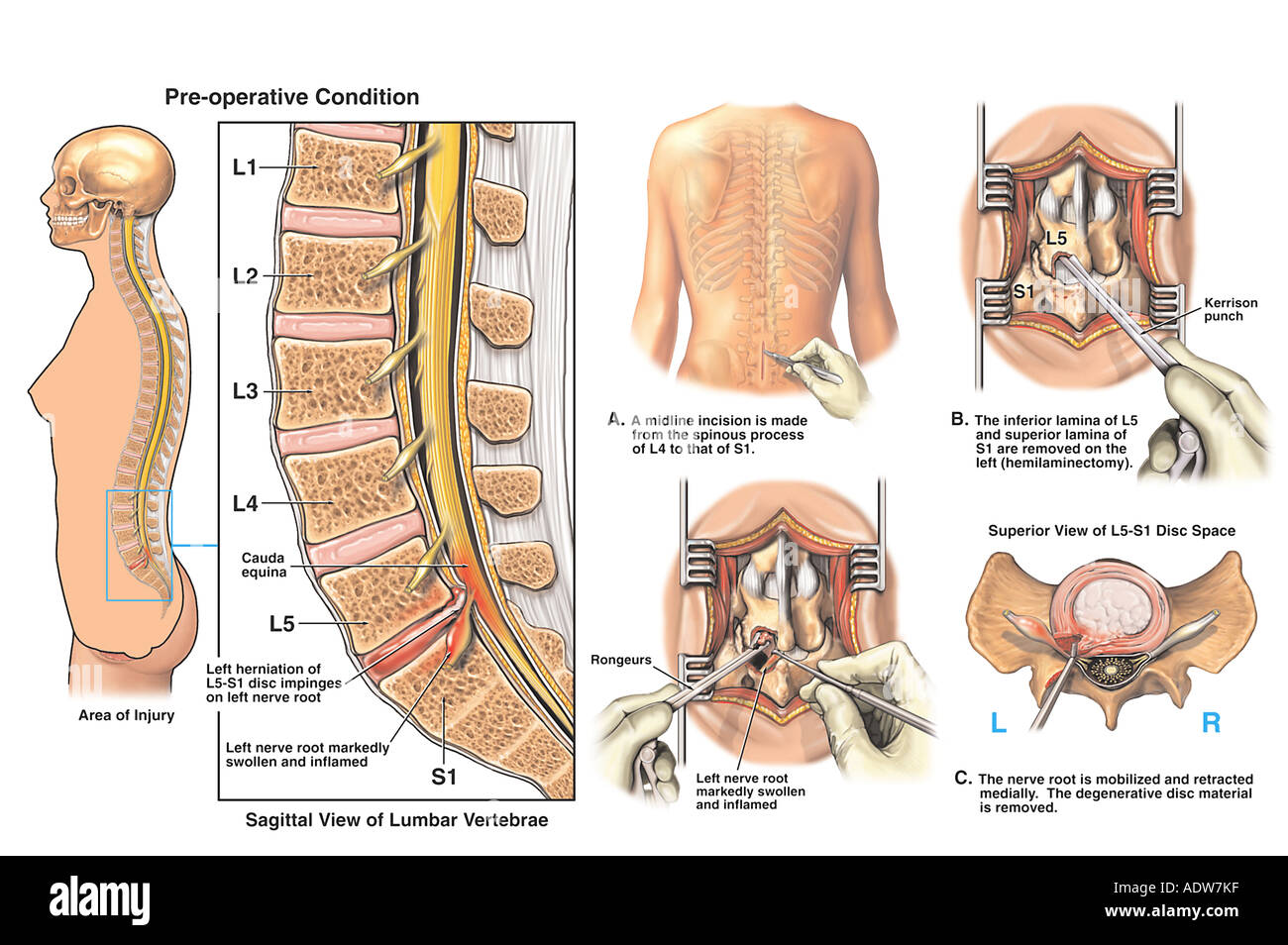
L5S1 Disc Herniation with Hemilaminectomy and Discectomy Procedure Stock Photo 7712382 Alamy
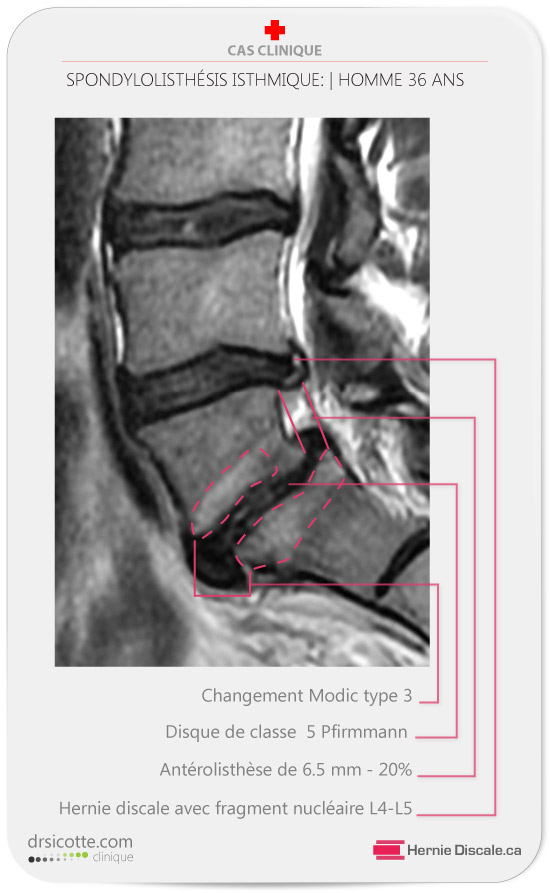
Sténose foraminale lombaire

A Practical MRI Grading System for Lumbar Foraminal Stenosis AJR

Figure 2 from A rare case of L5S1 right severe foraminal stenosis and paramedian disc
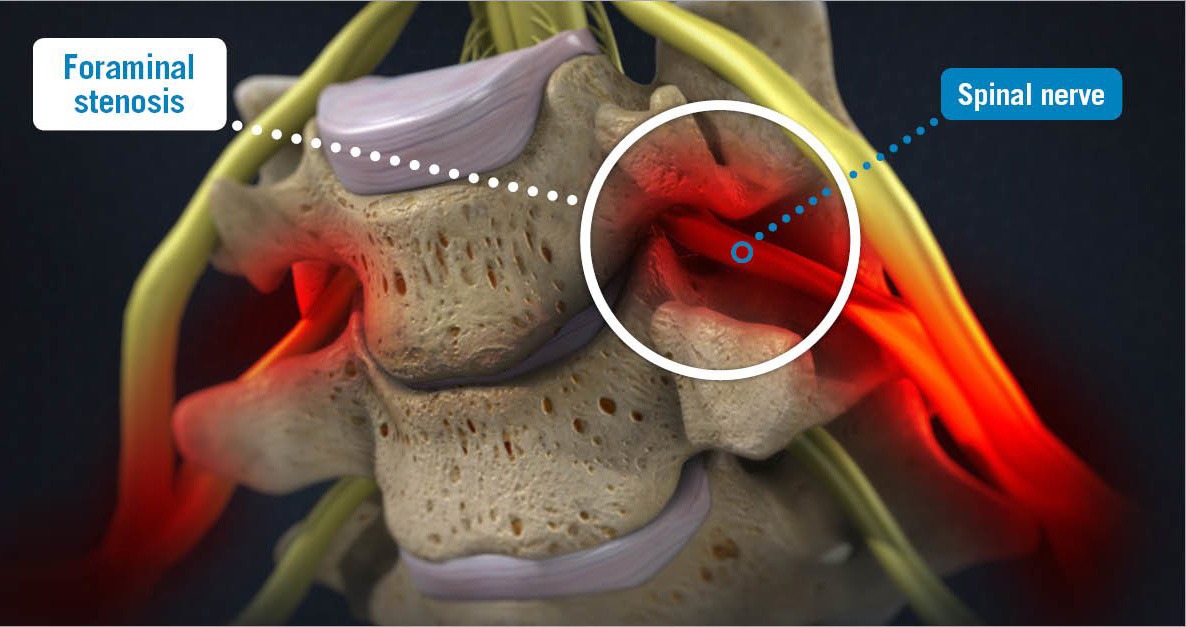
What Is Foraminal Stenosis Images and Photos finder
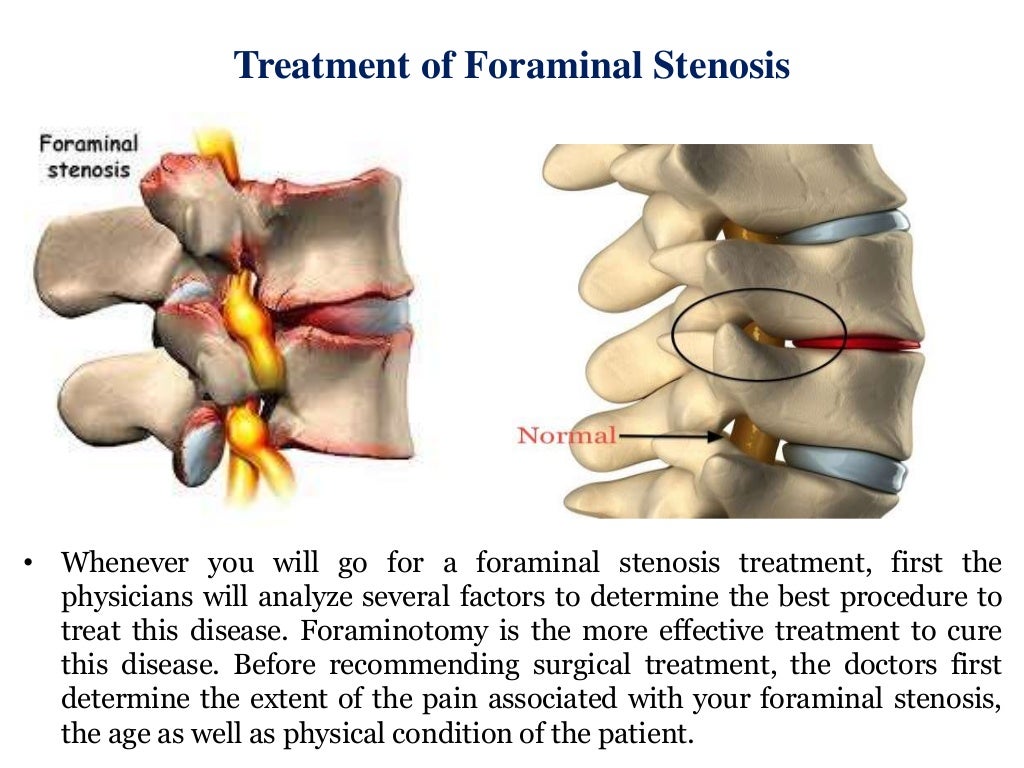
Treatment of foraminal stenosis
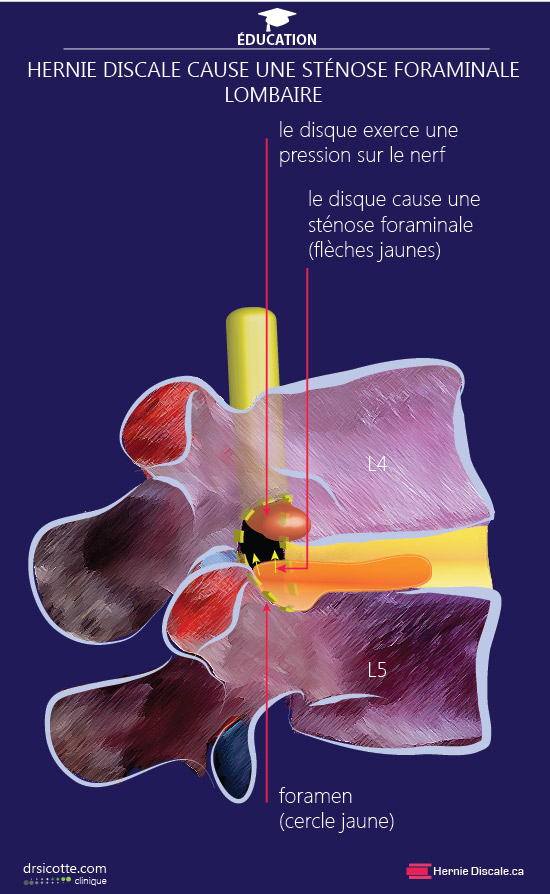
Sténose foraminale lombaire Symptômes Causes

Neural foraminal stenosis causes, symptoms, diagnosis, treatment & prognosis

Figure 2 from A rare case of L5S1 right severe foraminal stenosis and paramedian disc

Como Saber Si Tengo Una Hernia Discal L5 S1 Images
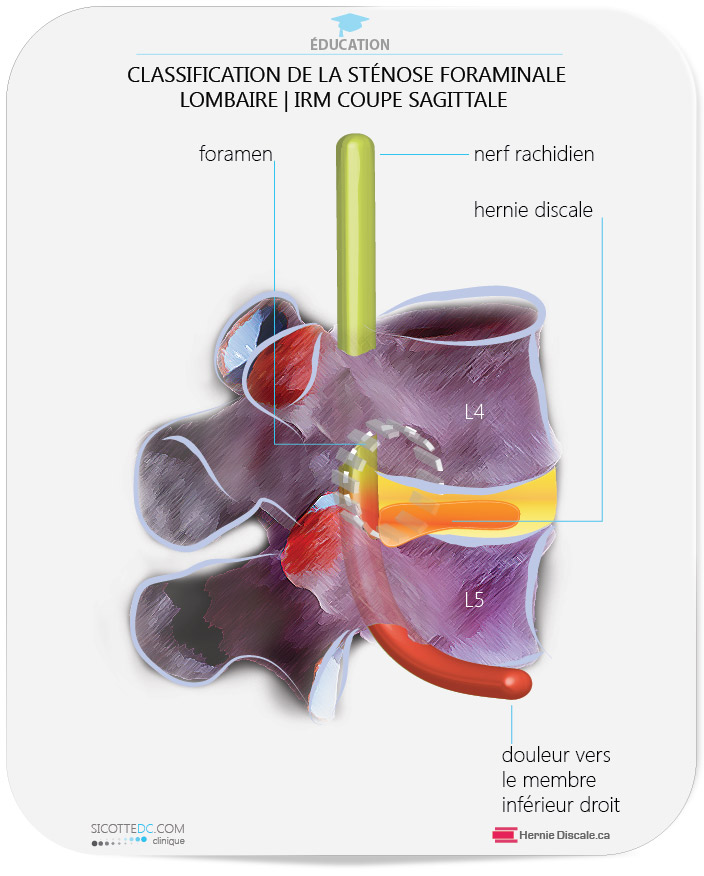
Sténose Foraminale Lombaire, Spondylolisthésis ou Antérolisthésis
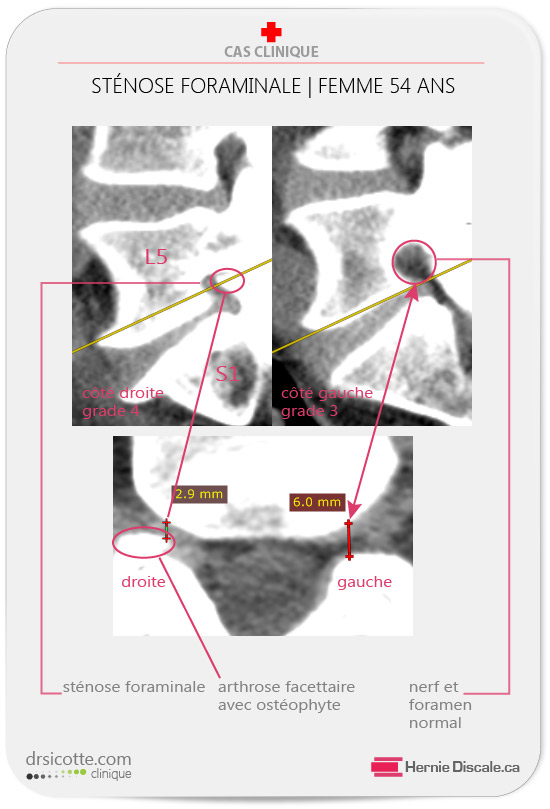
Sténose foraminale lombaire
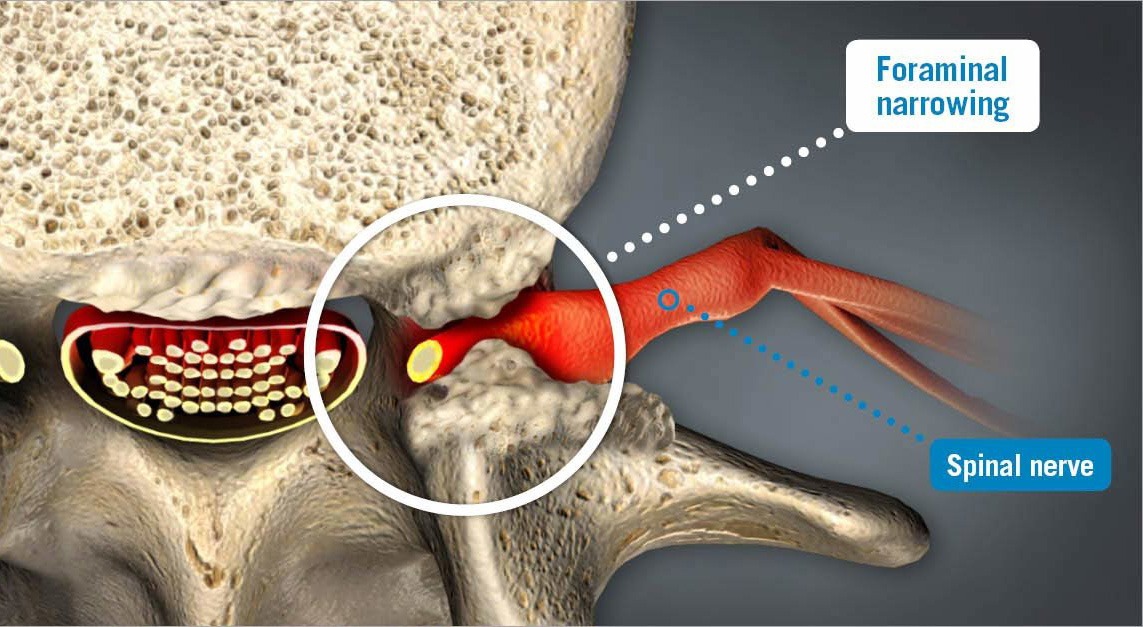
Foraminal Narrowing USA Spine Care Laser Spine Surgery

L5S1 Disc Bulge, Slip Disc, Stenosis & Spondylolisthesis
L4L5 and L5S1 TLIF for Multilevel Bilateral Foraminal Stenosis (due to gouty facet
Bone spurs form due to injury or degenerative conditions like osteoarthritis. Other less common causes of foraminal stenosis include: enlargement of ligaments around the spine. spondylolisthesis.. Spinal stenosis occurs most often in the lower back and the neck. Some people with spinal stenosis have no symptoms. Others may experience pain, tingling, numbness and muscle weakness. Symptoms can get worse over time. The most common cause of spinal stenosis is wear-and-tear changes in the spine related to arthritis.